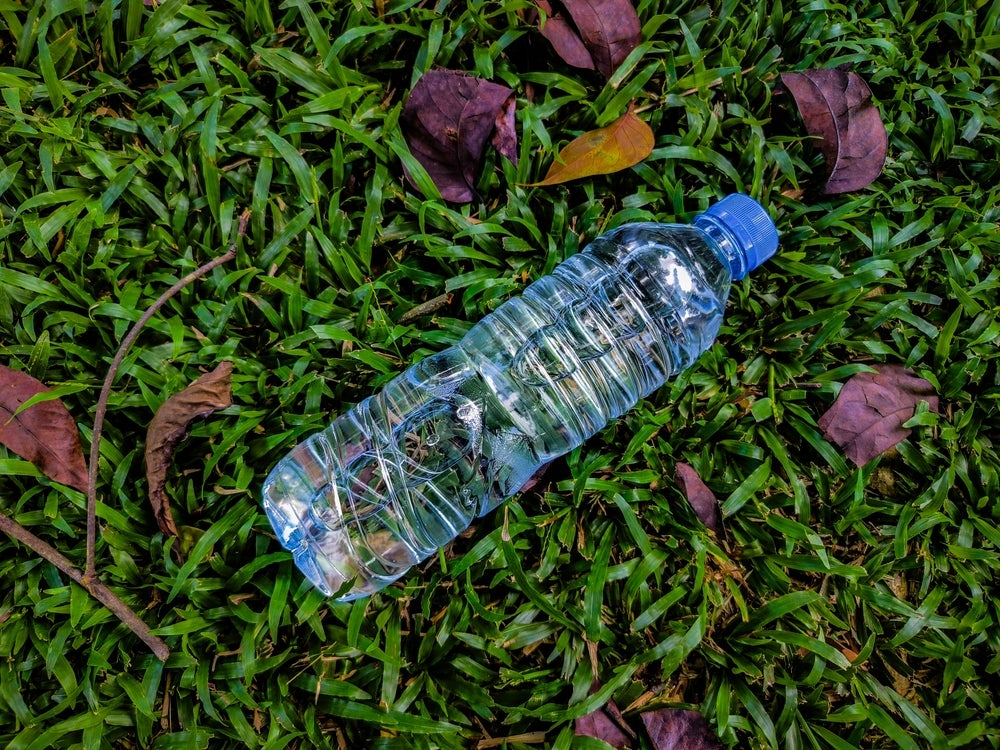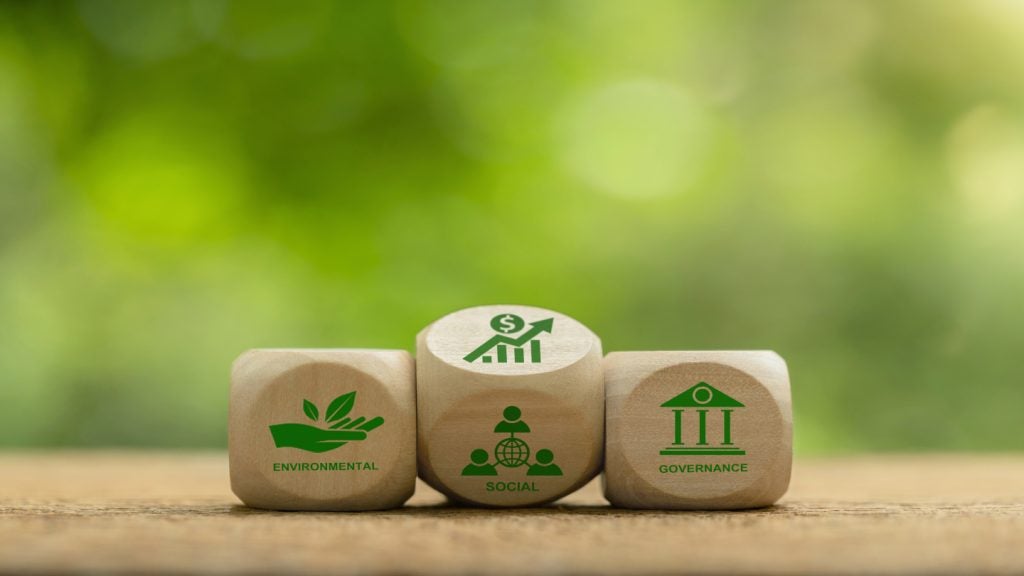The race to end plastic pollution is reaching a critical stage as UN Member States push to finalise a legally binding treaty by the end of 2024.
This ambitious agreement, first proposed in 2022, aims to address the entire lifecycle of plastics, from production to disposal, while promoting a circular economy.
December 2024 will mark the final round of negotiations in South Korea, following April’s penultimate discussions in Canada. Despite years of dialogue, key divisions remain. Some nations advocate for reducing plastics production, while others focus on improving recycling and reuse.
"Finding common ground is essential," said a UN spokesperson. "The treaty’s success hinges on balancing economic realities with the urgent need to protect the environment."
The UK, for its part, has set targets such as eliminating all avoidable plastic waste by 2042. However, critics argue that efforts have been hampered by decentralised policies and inefficient systems.
The role of fossil fuels
Plastic production’s deep ties to the fossil fuel industry have also come under scrutiny. With nearly all plastics derived from fossil fuels, the global transition to renewable energy poses challenges.
At COP28, UNEP Executive Director Inger Andersen cautioned, “Plastics are not a lifeboat as energy systems decarbonise. The world cannot afford the emissions.”
Experts predict plastics could become a fallback for oil and gas industries as demand for fossil fuels declines. This shift places added pressure on treaty negotiators to address the environmental and economic implications.
Private sector involvement will be crucial, with businesses urged to explore sustainable materials and reduce reliance on fossil fuel-derived plastics.
Progress hinges on private sector action
Major producers of single-use plastics bear significant responsibility for pollution, with just 20 companies accounting for more than half of global production.
The treaty is expected to include extended producer responsibility (EPR) schemes, requiring manufacturers to take accountability for their products’ environmental impact.
A 2019 WWF report estimated the societal cost of plastic pollution at $3.7 trillion, underscoring the economic urgency of action.
Public pressure is mounting, as seen in New York State’s 2023 lawsuit against PepsiCo over plastic pollution. “The cost of inaction is too great,” said a representative from WWF.
Governments and businesses must now align their strategies to tackle this global crisis. As negotiations continue, optimism remains that a unified approach can pave the way for meaningful change.















